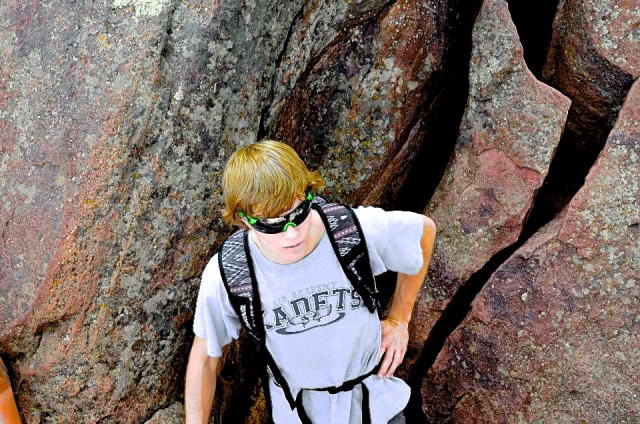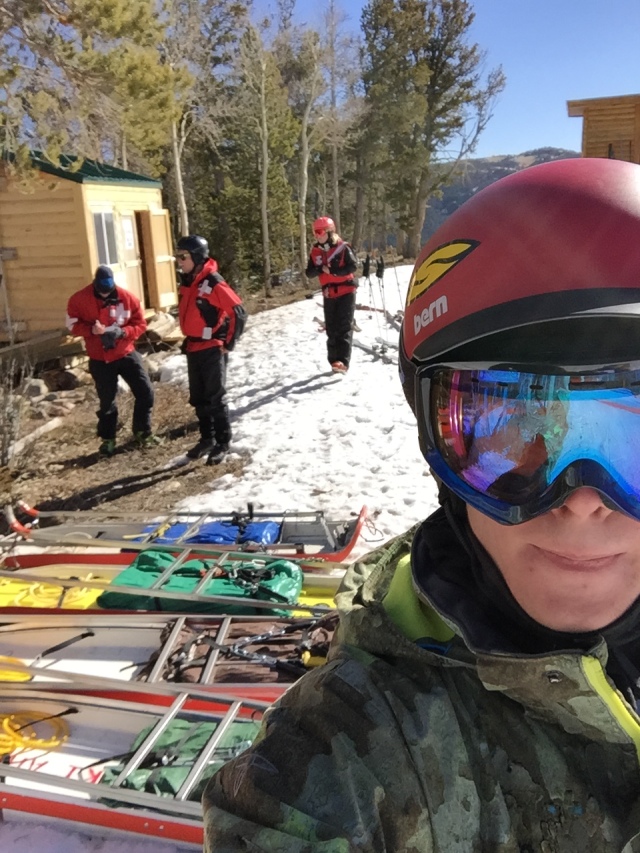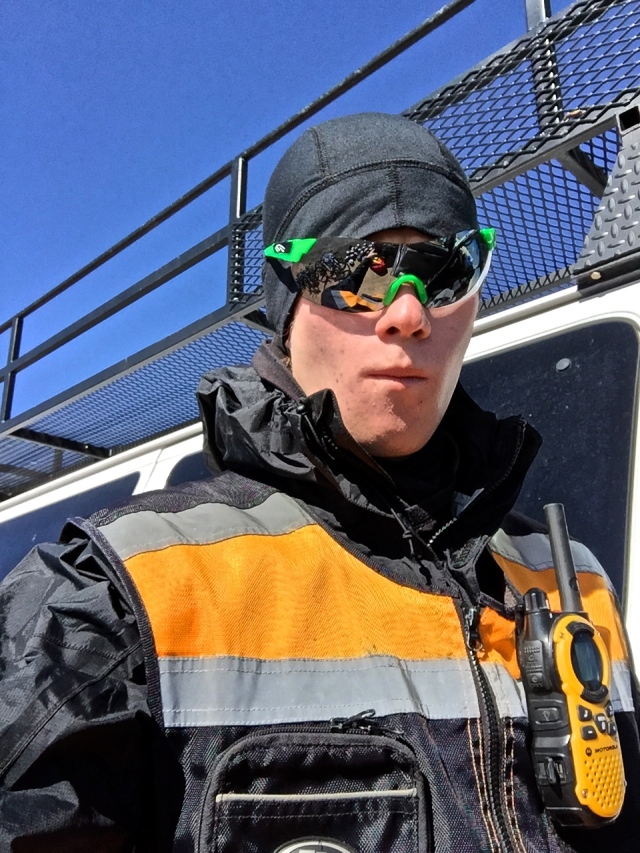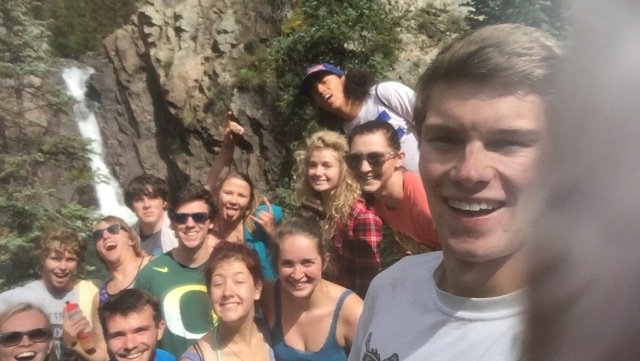My first insight about the discipline of economics is that the topics are cut and dry. There is usually very little elaboration and colorful visuals included. I think economics as a whole tends to stay focused, trying to reach the end point or analysis, rather than delve into numerous side discussions. To the economic student, professor or someone interested in the subject, the knowledge is a prized possession to use. The persons interested in the discipline have spent time to understand the topic and can benefit from it. On the contrary, anyone who is not specifically in search of economic information will find the information useless and boring at times.
For the article writer or researcher that is trying to argue a point, the audience that he or she is speaking to may be rather small. I realized that may mean the writer will have a difficult time reaching the masses. At the same time, the persons interested in the article will know what they are getting themselves into and most likely have a better background in the subject. As far as proof goes, there is a strong limit to what researchers may propose if the idea is not very concrete. Unlike other disciplines in which topics can be open to many new ideas, economic theories usually build on one another and can lack originality in this way. For example, in the three articles I read from Ejournal Economics, I noticed similar proofs and laws overlapping all three articles.
Similar to other disciplines, I have noticed that economic communication may omit information if it is implied. For comparison, there are ten economic principles that are understood by economic majors, while in mathematics, it is assumed that everyone knows that a number divided by zero is in fact zero. Both these disciplines and many others use this background knowledge to their advantage. When it comes to inventions, new theories and discoveries, economics is a rather hard topic to use. I found that as I was reading articles, I had trouble understanding some of the idea, and began to think I could not create my own if I needed to. The amount of acquired knowledge necessary to be competent in writing and researching for economics is a great deal. To communicate with other people on my level, I have yet to go very deep into the discipline, however there is quite an amount of wisdom needed to communicate effectively and scholarly in economics.
I would have to argue that the discourse of economics is strictly academic and professional. Anyone will have a hard time reading this disciplines articles in their free time as a personal hobby. In contrast, english and history are often sought out by the public for entertainment purposes. In conclusion, a worldview of economics is one that realizes the communication as an analytical potentiality and usefulness in education. But after all, I do enjoy reading the “Economist” website from time to time.













